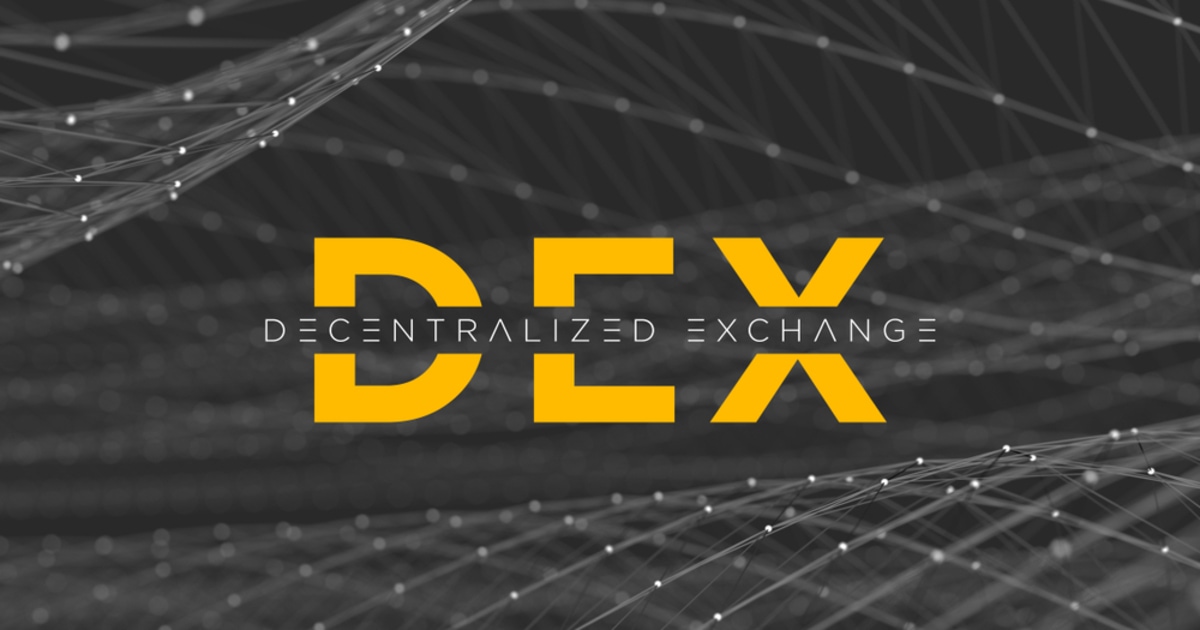A DEX, or decentralized exchange, is a blockchain-based exchange that allows traders to directly exchange encrypted tokens with each other.

It does not store user funds and personal data on the server but performs all operations through smart contracts on the blockchain, which is different from traditional centralized exchanges (CEX). Traders can achieve direct peer-to-peer transactions on a DEX without intermediaries. Just like centralized crypto exchanges, they have advantages and disadvantages.
First of all, we need to understand the operating mechanism and the difference between a CEX and a DEX.
Centralized exchange operating mechanism
In centralized exchanges such as Binance and Coinbase, all the core steps of transactions, including recharge, order placement, order matching, and delivery, and cash withdrawal, are all completed on the exchange. For example, investors need to provide their bank statements and some identity information before depositing money on the platform to buy cryptocurrencies.
However, traders do not really hold the digital assets. Rather, they entrust their virtual currency holdings to the exchange and all transactions occur in the database of the centralized exchange.
In other words, this is similar to a traditional bank transaction service. The customers deposit the principal in the bank. The bank will then give you a bank account, which is equivalent to the existence of a private key in a centralized cryptocurrency exchange. However, the bank has ultimate control.
Decentralized exchange (DEX) operating mechanism
Decentralized exchanges use smart contracts to facilitate the transaction of tokens, but they do not actually enjoy the control of tokens. First, orders will be collected into the DEX order pool through authorized smart contracts for other users to view. Other users can choose whether to execute the order. After confirmation, the relevant transaction information will be uploaded to the chain, and the entire transaction process will be completed through a smart contract. Therefore, decentralized exchanges such as Uniswap, 1inch, Balancer, and SushiSwap all rely on blockchain infrastructure to operate.
DEX has three ways to process orders: on-chain order book, off-chain order book, or automatic market maker method.
Advantages of DEX
On a CEX, the wallet stores the funds of all users, making a large amount of funds vulnerable to hack attacks. Once a problem occurs, the consequences are disastrous, which is why DEX is more secure in comparison.
On a DEX, the platform is responsible for providing liquidity for transactions without controlling actual assets.
Decentralized exchanges protect users’ personal information, and users transacting on decentralized exchanges do not need to provide personal information such as social security numbers or addresses.
Disadvantages of DEX
Compared with a CEX, a DEX has a slower transaction speed and a higher cost. Because every transaction record will be recorded in the blockchain network, more computing power is needed, making transactions slower.
Compared with a CEX, a DEX will not provide corresponding customer service, making the user experience less optimal than with a CEX.
Image source: Shutterstock

